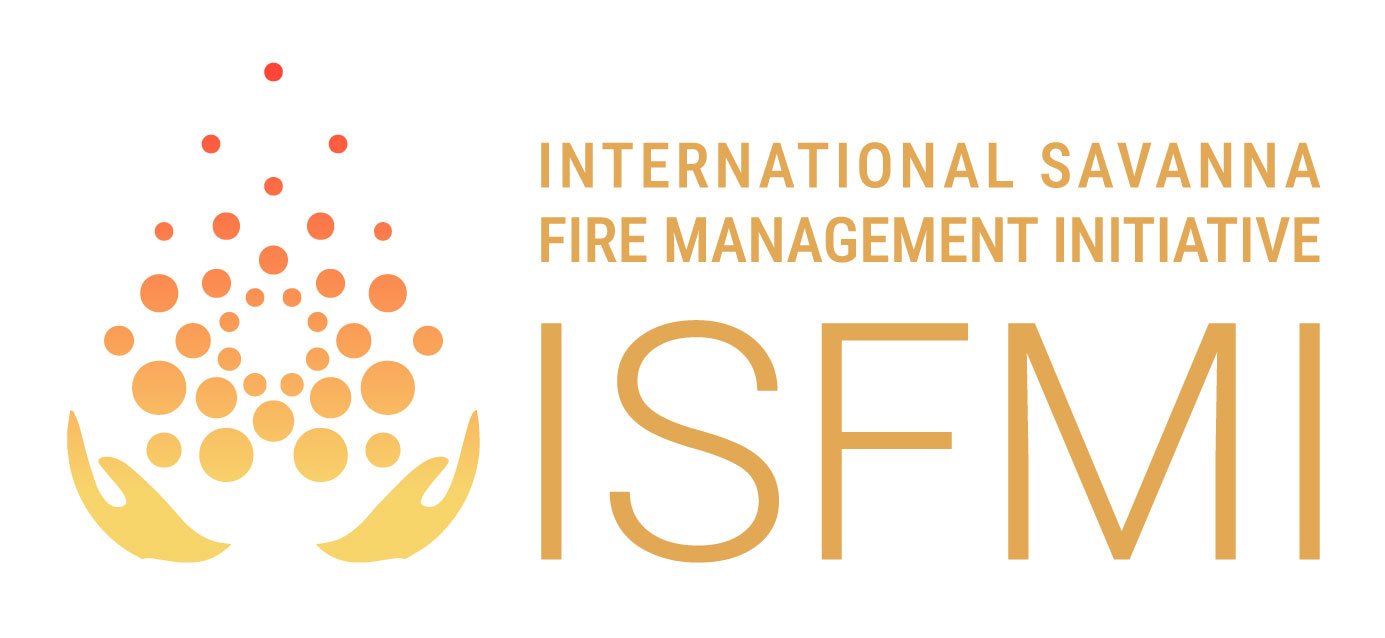ISFMI - Global Advocacy
The ISFMI Network - a global community of practice, links practitioners, communities, scientists, civil society and government officials from around the world.
The ISFMI Network facilitates the knowledge sharing and exchange of experience that is vital to supporting the revitalisation of traditional fire practice for climate, communities and biodiversity.
Advocacy in International Processes
ISFMI actively participates in numerous international policy making processes, advocating for the voices of communities in fire management, and supporting countries in deliberations concerning ecosystem management, Indigenous peoples and carbon markets.
ISFMI is an observer organisation to the UNFCCC and in the process of obtaining ECOSOC accreditation.
Supporting Knowledge Exchange
As part of ISFMI Network activities, the ISFMI supports multi-stakeholder representatives to come together to learn and share experience.
Network activities have included:
Sponsoring international delegates from more than 10 countries to share experience and learn from northern Australia fire project proponents at the 2023 North Australia Savanna Fire Forum.
Facilitation of Practitioner fellowships, Post Graduate and PhD opportunities in collaboration with Australian Universities 2018 - Ongoing.
A 2019 exchange between north Botswana San communities and Australian Indigenous Fire Rangers in Botswana.
A 2014 learning tour by Australian practitioners to the Caprivi Strip of North-East Namibia.
In collaboration with GIZ, a 2014 tour of north Australian fire projects, government agencies and research institutions by a group of 15 Brazilian Government Officials.
Two regional fire forums for each of Southern Africa and Asia in 2014 - 15.
Listening to the voices of Women on Fire Management
ISFMI supports activities that raise the profile and listen to the voices of of women and girls in ISFMI Network and project activities.
ISFMI has supported Women in Fire events, including virtual global meetings to support community women with an interest in fire management to exchange perspectives and priorities and aims to continue to provide a platform for women to articulate their concerns, interests and aspirations relevant to traditional fire management at the global, regional, national and local levels.



